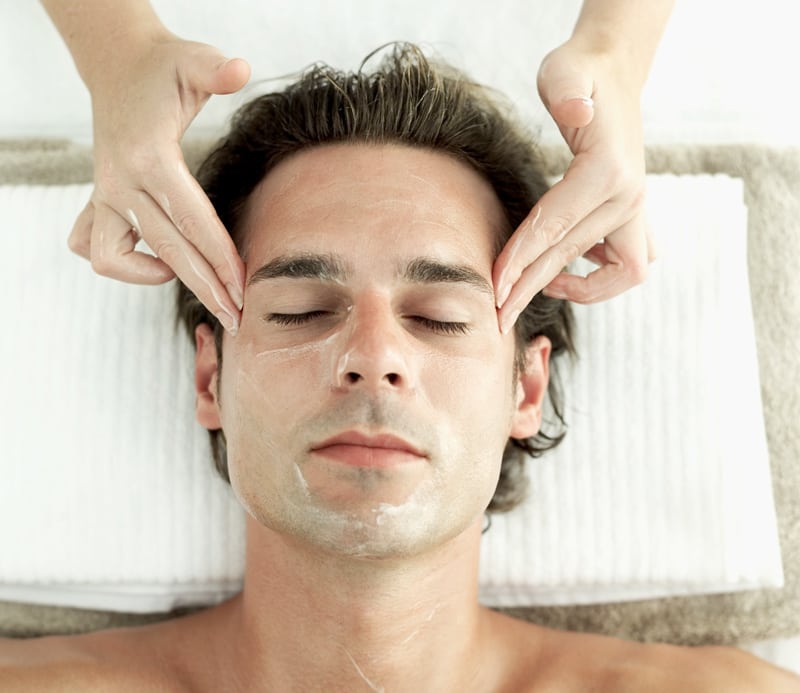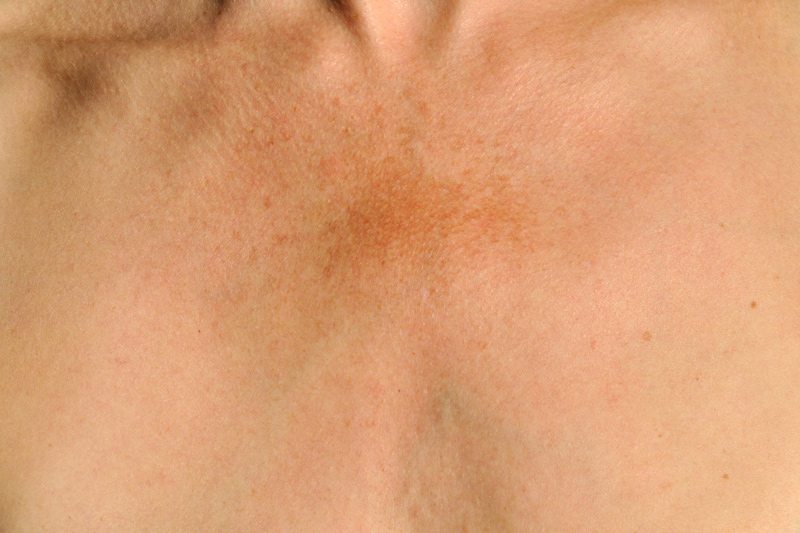Men often face the same complicated skincare problems as women such as wrinkles, dryness, dark spots, and adult acne, but it gets spoken about a lot less. We do get many requests for skincare tips for men.


Men often face the same complicated skincare problems as women such as wrinkles, dryness, dark spots, and adult acne, but it gets spoken about a lot less. We do get many requests for skincare tips for men.

Have you noticed skin discoloration on your face or chest? Melasma, a common skin problem, often presents as tan, brown or greyish-blue marks on the parts of our bodies that get the most sun.